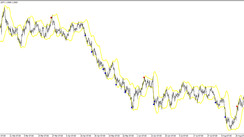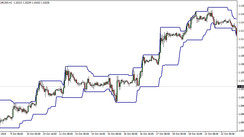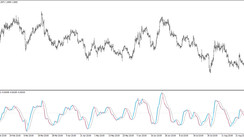The newest justification for selling the pound was a change in the Bank of England's focus from inflation to a deteriorating economic outlook. The UK pound saw its poorest week since September in terms of performance against the US dollar, dropping about 3%, the highest among all world currencies worldwide. The pound is destined for a further decline toward parity following Thursday's biggest monthly decline, with bankers projecting a drop below $1.10 by year's end.
A major factor in the pound's weakening this year has been the BOE's inability to keep up with inflation, and the most recent selloff hinders the currency's recovery from the UK's catastrophic micro-budget just over a month earlier. As a result, Investors now claim that the widening differences between the Federal Reserve's and BOE's approaches to inflation are indeed a reason to avoid the British pound.
This week, both financial institutions increased interest rates by 75 percentage point. Jerome Powell's inclination at the Fed to proceed with more dramatic rises than investors anticipated contrasts with his equivalent in the UK, Andrew Bailey, who is adamant that tightening predictions are overblown as the country slides into a two-year downturn. That spells out further suffering for the British currency. Consequently, it could imply investors perceive additional pound devaluation as the inevitable result, because sterling dropping below $1.10 sooner rather than later, combined with the UK's significant current-account imbalance.
The GBP's recovery from a record-low of $1.0350 had stalled, and given the dollar's recent surge, traders might be motivated to begin placing new short bets against it. In relation to the euro, the pound had its weakest week in more than 2 years, and further declines are anticipated.
With the resignation of Prime Minister Truss, the unrest subsided; nevertheless, this week, the pound has suffered due to the climb in the dollar and Bailey's opposition to significant price increases. On November 17, when a new Prime Minister is expected to present the government's medium-term budget strategy, investors are watching to see if sterling will move at that time. The austerity measures they're expected to enact, such as spending cuts, would worsen the financial situation for british.





